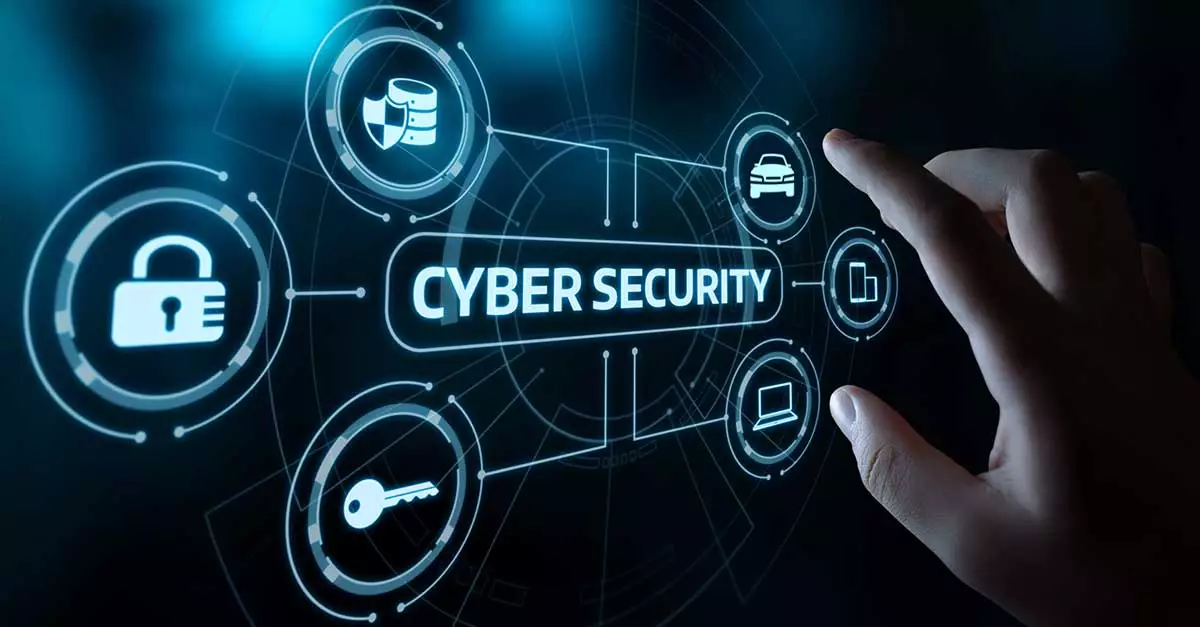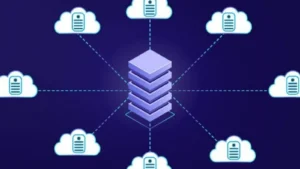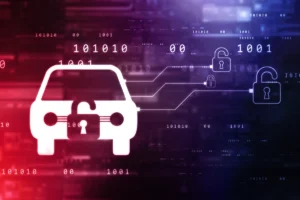CYBERSECURITY- THE WHATS & HOWS YOU SHOULD HAVE ANSWERS TO

Cybersecurity is the practice of protecting internet-connected systems, including hardware, software, and data, from digital attacks, theft, damage, and unauthorized access. It is important because as more aspects of our lives become digitized, the potential harm from cyber attacks increases, ranging from identity theft and financial fraud to business disruption and damage to critical infrastructure.
Here are a few reasons why cybersecurity is important:
- Protection from cyber threats: Cybersecurity measures help protect individuals, businesses, and organizations from cyber attacks. This includes preventing unauthorized access to sensitive data, such as financial information and intellectual property.
- Preservation of privacy: Cybersecurity helps ensure that personal information, such as social security numbers, medical records, and other confidential data, are not compromised.
- Safeguarding critical infrastructure: Cybersecurity is essential for protecting critical infrastructure, including power grids, water systems, and transportation systems, from cyber attacks that could cause significant disruption and harm.
- Compliance with regulations: Many industries are subject to government and industry regulations that require them to implement cybersecurity measures to protect their data and the data of their customers.
- Business continuity: Cyber attacks can disrupt business operations, leading to lost revenue, damage to reputation, and other negative consequences. Cybersecurity measures help ensure business continuity by preventing or minimizing the impact of cyber attacks.
A virtual private network, or VPN, is a piece of software that safeguards your internet information. It achieves this by concealing the IP address of your device, encrypting your data, and sending it across secure networks. You can access the internet safely and secretly with a VPN. To choose the VPN that best meets your needs, use an online VPN comparison tool.
Use capital and lowercase letters, numbers, and special characters to create secure passwords. Consider the length as well. If you can maintain it between 12 and 15 characters, a longer password is typically preferable to one that is more random. To handle various passwords and avoid using the same password across the board, use a password manager. For added security, consider a multi-factor authentication system like Duo Security.
Be cautious of phishing and consider your options before clicking. The majority of phishing assaults, which make up more than one-third of all cyber attacks, take place via email. Scammers utilise bogus links to fake websites that mimic legitimate websites to steal personal data from you, such as credit card details and bank account passwords.
Not just your close friends and relatives are interested in the information you publish online. Check your social media accounts\’ privacy settings. Don\’t provide sensitive financial information like your credit card number, social security number, or bank account number. Share personal information only on https://secure. websites. Useless websites should not be used.
When it comes to internet safety, there is still a lot to learn. But if you start adopting these best practices, you are more often than not saving yourselves from the cyber attacks and potential threats attached to it.
Be Vigilant, Be Safe.



